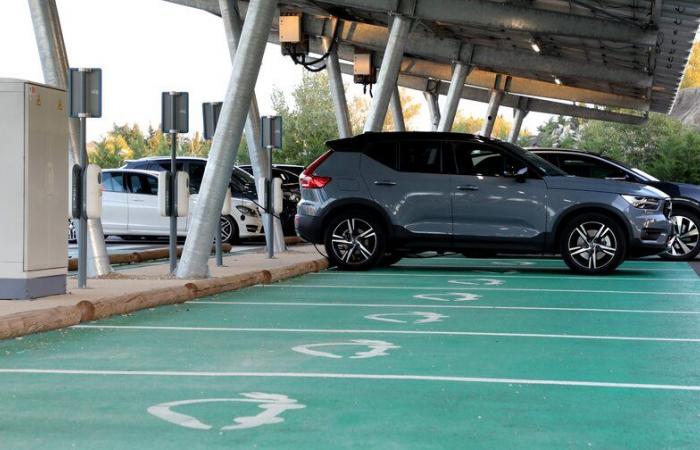It's the BOSS who says it. Companies and their employees benefiting from an electric company vehicle will not have to put their hands in their pockets.
The Official Social Security Bulletin (Boss) confirms this in its edition at the start of the year. “The derogatory methods for calculating the inclusion in the social contribution base of the benefit in kind constituted by the provision of a vehicle operating exclusively using electrical energy, which end on December 31 2024, will be extended by the Government which plans to publish a decree in January on this subject. This extension also concerns the regime applicable to electrical terminals.”
The 50% reduction on the benefit in kind, as well as the exclusion, in the calculation, of the recharge made available by the company are therefore extended to 2025.
Anticipation of revaluations
In anticipation of “the publication of the future decree” expected in January, the applicable reduction ceilings are revalued on January 1, 2025.
“The evaluation of the benefit in kind does not take into account the electricity costs incurred by the employer for recharging the vehicle and is calculated after application of a 50% reduction within the limit of €2,000.30 per year”, against €1,964.90 in 2024.
The “provision by the employer at the workplace of a vehicle charging station operating using electrical energy, the benefit in kind resulting from the use of this terminal by the employee for purposes not professional is neglected, including for vehicles belonging to employees.” Clearly, electricity costs payable by the company at the workplace are not counted as a benefit in kind. This allows employees to recharge their electric vehicles without spending money, including “for non-professional purposes and for vehicles belonging to employees”.
On the other hand, if the terminals installed among employees, can benefit from a covered by the employer (purchase, installation, rental, additional subscription and usage costs) this is considered a benefit in kind. And therefore subject to social security contributions depending on the different situations. A small step to encourage companies and employees to focus more on zero-emission vehicles.
Tax thermal energy more
A large majority of company cars, estimated at more than a million units, have a thermal or hybrid engine. Certainly, full electric (+5.3%, 69,449 registrations) is progressing within fleets and now represents 13.8% of B2B sales, compared to 12.2% in 2023. But some want to increase the rate of greening of fleets of companies and point out an inconsistency concerning the advantage in kind of thermal engines. The NGO Transport en Environment considers taxation on thermal company vehicles as “a brown niche” whose shortfall for the State would approach 4 billion euros. For T&E, “the accommodating tax regime from which thermal and hybrid company cars benefit is akin to an indirect subsidy to fossil fuels”.
Furthermore, the precise assessment between private and professional use of the vehicle raises questions. According to the NGO, around 20% of company vehicles are so-called cars. “statutory”related to “personal cars” intended for executives as a salary supplement. And to raise the legitimacy of exempting these types of cars from contributions? The wind is on the rise, rental companies and park managers want the status quo on the subject. But the government would lean towards a revision of the scale of benefits in kind on thermal company vehicles. A second step towards the decarbonization of fleets, pending the possible appearance of sanctions against companies which do not respect their legal greening obligations.






